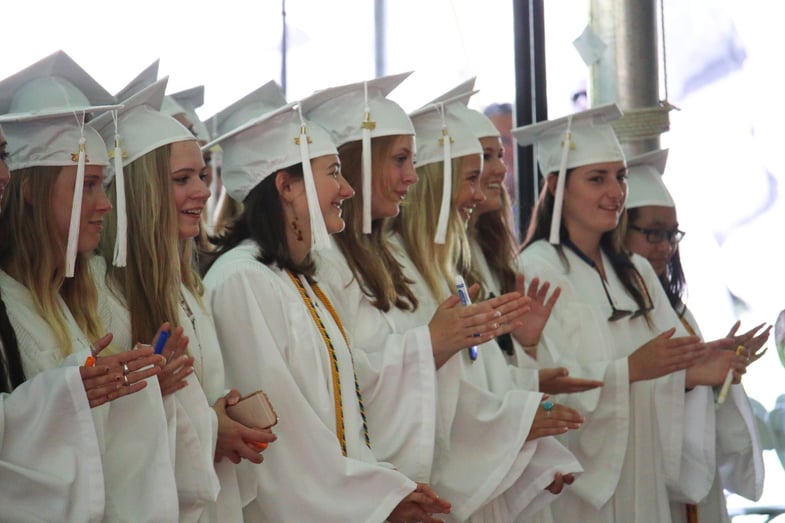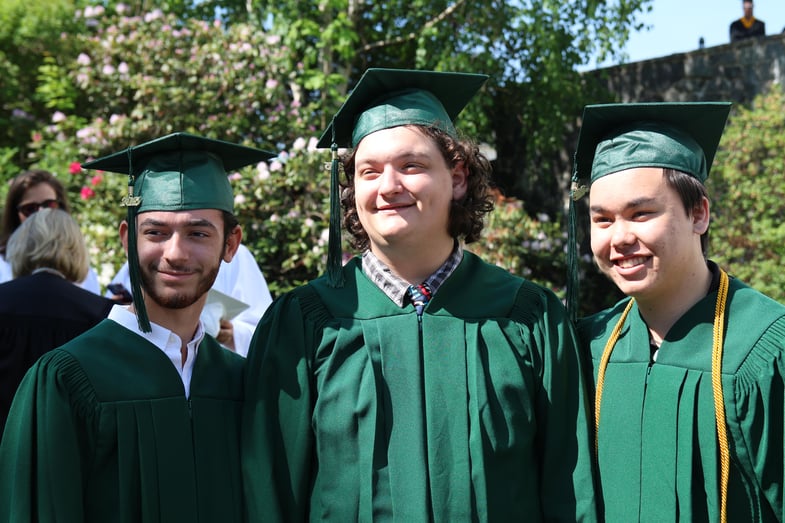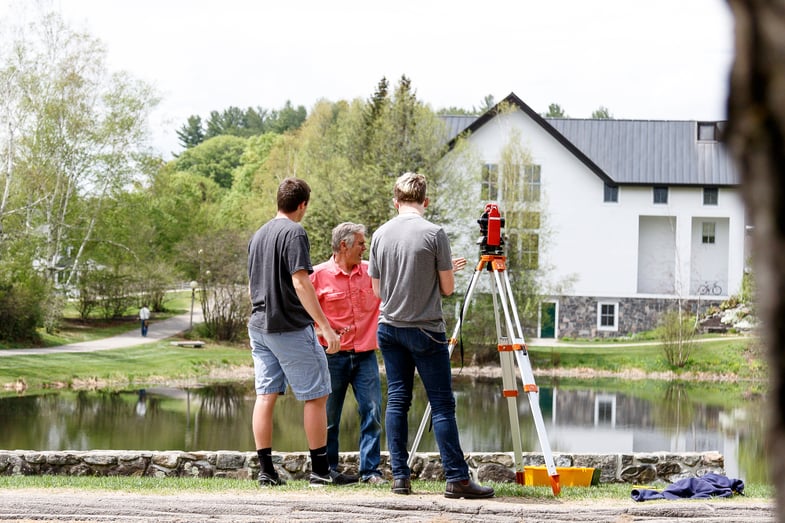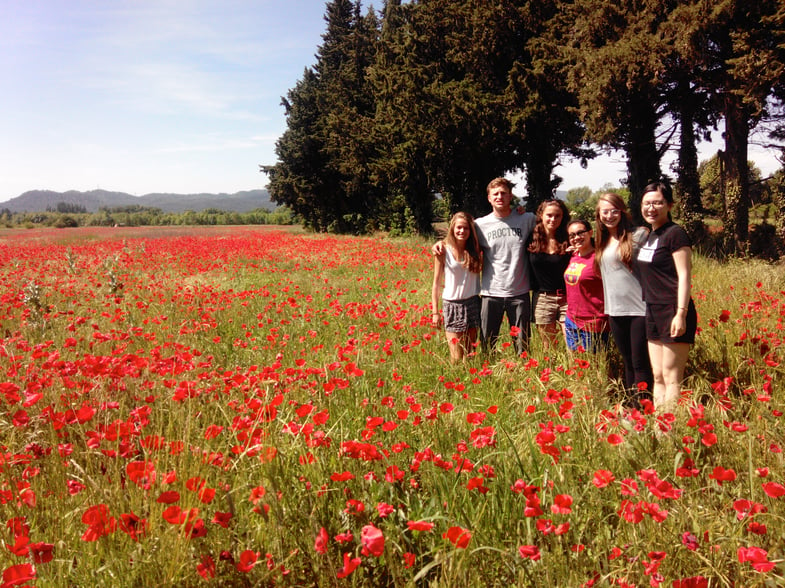And just like that graduation is over. Summer is near. Faculty are conducting end of year meetings. Advisors are mailing letters to students recapping the academic year and reviewing grades and teacher comments. Reunion weekend is a few days away - a time for faculty to reconnect with past students and rekindle the relationships that defined those students high school years. This time of year reminds us why we work in education, and specifically, why we have chosen to work at Proctor.

Each of Proctor’s alumni who will return for Reunion this weekend take a different path. Some choose to work on Wall Street, others, like John Pellet ‘04, produce high end video for nonprofits around the world like the video below he produced for Proctor. What we hope each graduate is able to do regardless of their pursuits is to strike a balance in the virtues guiding their lives.
New York Times columnist and bestselling author, David Brooks, discusses his perspectives on balancing what he calls “Resume Virtues” and “Eulogy Virtues”. His short, five minute Ted Talk is worth a watch as he describes the contrasting ideals of a capitalistic society.
Students today are under constant pressure to pursue resume virtues - we all are. Today's high stakes college arms race is the perfect example. Is it possible to pursue high level colleges today while keeping your eye on the kind of virtue and values that allow for long term happiness? Our graduates prove it is.

Proctor's approach has long emphasized to students the learning process is about finding true callings; interests and passions should serve as the guiding beacon. College and economic success are byproducts of one’s true interest. Proctor students are not afraid to step off the grid and participate in off-campus programs or balance AP courses with unique electives like Forestry, Boatbuilding, or Surveying.

Proctor’s off-campus and experiential programs are core to establishing this balance. When our highest achieving students decide to spend a term sailing Ocean Classroom or traveling on European Art Classroom, they seemingly make a conscious decision to put their resume virtues on hold while they delve into a learning experience that will undoubtedly nurture eulogy virtues. A quick look at the matriculation list of seniors who studied off-campus last spring (Brown University, Stanford University, Williams College, NYU, Connecticut College, Skidmore College, NYU, Savannah College of Arts and Design, and Boston University) disproves the notion academic rigor and studying off-campus are mutually exclusive. It also says much about both the internal and external academic credibility associated with Proctor’s off-campus programs.

You see, Proctor’s educational model seamlessly weaves experiential learning, off-campus programs, authentic relationships, and academic support in a way that instills within our students a self-awareness uncommon in adolescents. It is an awareness that carries into their adult lives and allows them to intentionally wrestle with both their “resume” and “eulogy” virtues. They realize (as we all should) when you have balance in your life, your resume will take care of itself.








